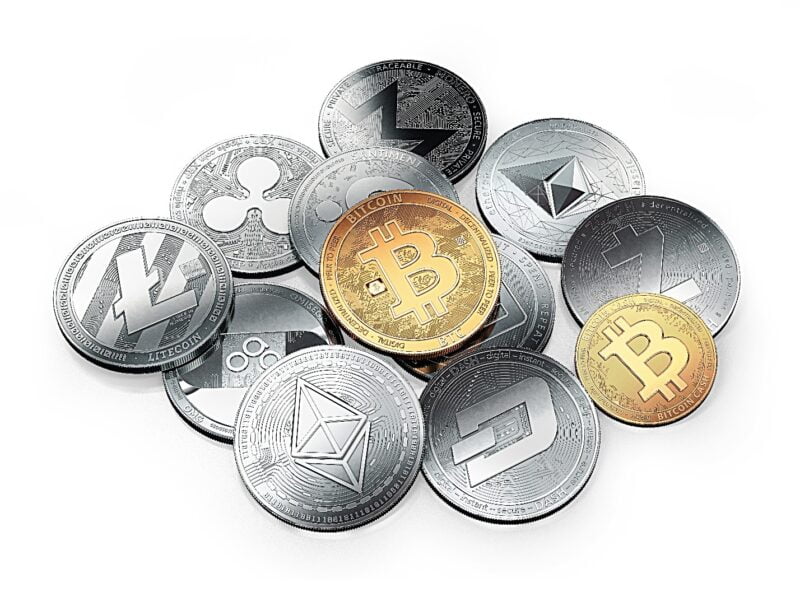The Cryptocurrency landscape is widely different than the traditional investment landscape. So, while most metrics don’t apply to cryptocurrencies (like Price to Earnings, Price to Book, Enterprise Value, etc) there are still fundamentals that can be used to measure any particular cryptocurrency chance of success.
To this end, I have created a set of 10 Crypto investing principles to provide guidance when buying any of the 7000+ available cryptocurrencies out there.
This will help you in identifying scams early and give you discipline to not invest in cryptos that have very little chance of success.
The Crypto Investing Principles
- Volume and liquidity: Lots of coins have fake volume or are pumped and dumped constantly, picking low cap coins means you won’t be able to capitalize on price movements because there is no one that will purchase your order. Does the coin has at least a BTC or ETH pair with GOOD Volume? Decentralization of holdings are also an important factor, you don’t want a handful of addresses owning a big portion of the supply.
- Fundamentals:
- Does it REALLY need a token/coin? Should it be in it’s own blockchain, why not use an existing blockchain or token? This flow chart will help you determine this.
- Inflationary of deflationary model? It’s harder for inflationary coins to increase in price because new coins are coming into the market faster than buyers. The higher the inflation, the more diluted you are.
- Utility. How does the coin fit into the overall solution, do users of the blockchain need to get it. Good utility drives demand.
- Novell, does it solve a real problem?
- Tokenomics, Token Economics, a pretty good explanation can be found on BlockGeeks site.
- Team: Is the team all-round, seasoned, and not shillers? teams that do “announcements of announcements” are worth nothing and just want to pump their own coin. Also look at advisors and overall track record of the whole team.
- Forget about the USD value of coins that do not have a USD pair, you would need to go trough either ETH or BTC to be able to sell those, so you are better off trying to maximize your BTC/ETH value at the time you decide to sell.
- Future: Coin prospects, competition, roadmap, adoption
- Network effects: This makes the crypto better as more users interact with it.
- Transparency: Was there an ICO, what price? How’s the team using the funds? What milestones have they achieved?
- Don’t buy into FOMO, look for all the stuff above and wait for a good entry point, also consider dollar cost averaging (ie. buy small chunks regularly).
- Consider crypto a high risk/high reward environment, never put more money that you can afford to lose.
- Copycats have little or no value at all, a forked blockchain cannibalizes the original blockchain, taking value away from it but not enough to make the old one worth less than the new chain. Examples are the 8913280918903812 Bitcoin forks, all of the Monero forks, Ethereum vs Ethereum Classic, etc. A fork of any blockchain with an additional feature sucks from an investment standpoint.
Do I need a Blockchain?

Subsequent posts will leverage these principles to analyze particular cryptocurrencies and uncover insights as to the investment thesis.

Leave a Reply